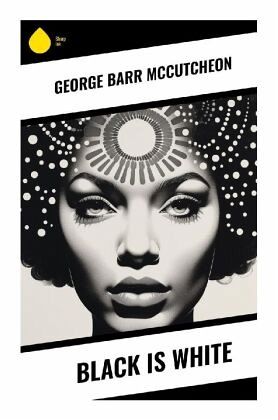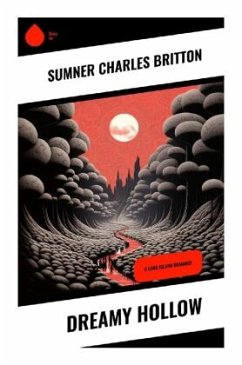
Black is White
Versandkostenfrei!
Versandfertig in 6-10 Tagen
9,90 €
inkl. MwSt.

PAYBACK Punkte
0 °P sammeln!
In "Black is White," George Barr McCutcheon crafts a provocative narrative that delves into themes of identity, morality, and the paradox of perception. Written in the early twentieth century, the novel reflects the societal complexities of its time, juxtaposing the perceived dichotomies of black and white-both in color and in moral judgments. McCutcheon's mastery of wit and irony paints a vivid tableau, inviting readers to question their own preconceptions while engaging in a layered dialogue about the nature of reality, ethics, and human relationships. George Barr McCutcheon was an influenti...
In "Black is White," George Barr McCutcheon crafts a provocative narrative that delves into themes of identity, morality, and the paradox of perception. Written in the early twentieth century, the novel reflects the societal complexities of its time, juxtaposing the perceived dichotomies of black and white-both in color and in moral judgments. McCutcheon's mastery of wit and irony paints a vivid tableau, inviting readers to question their own preconceptions while engaging in a layered dialogue about the nature of reality, ethics, and human relationships. George Barr McCutcheon was an influential American author and playwright, whose keen understanding of social dynamics and human psychology informs his work. A product of his era, McCutcheon's experiences growing up in a rapidly changing America, witnessing the tensions and contradictions of modern life, provided the impetus for exploring these themes in "Black is White." His previous successes in commercial fiction also reflect his adept storytelling capabilities, as he deftly intertwines satire with genuine emotional depth within the narrative. Readers are encouraged to immerse themselves in "Black is White," where McCutcheon invites them on a thought-provoking journey that challenges societal conventions and personal biases. This novel is not merely a story but an exploration of the gray areas of life, compelling readers to reflect on their values and the complexities of the human experience.












